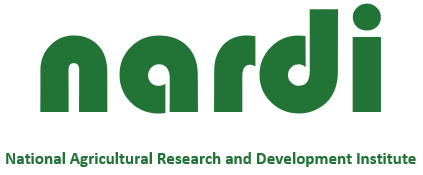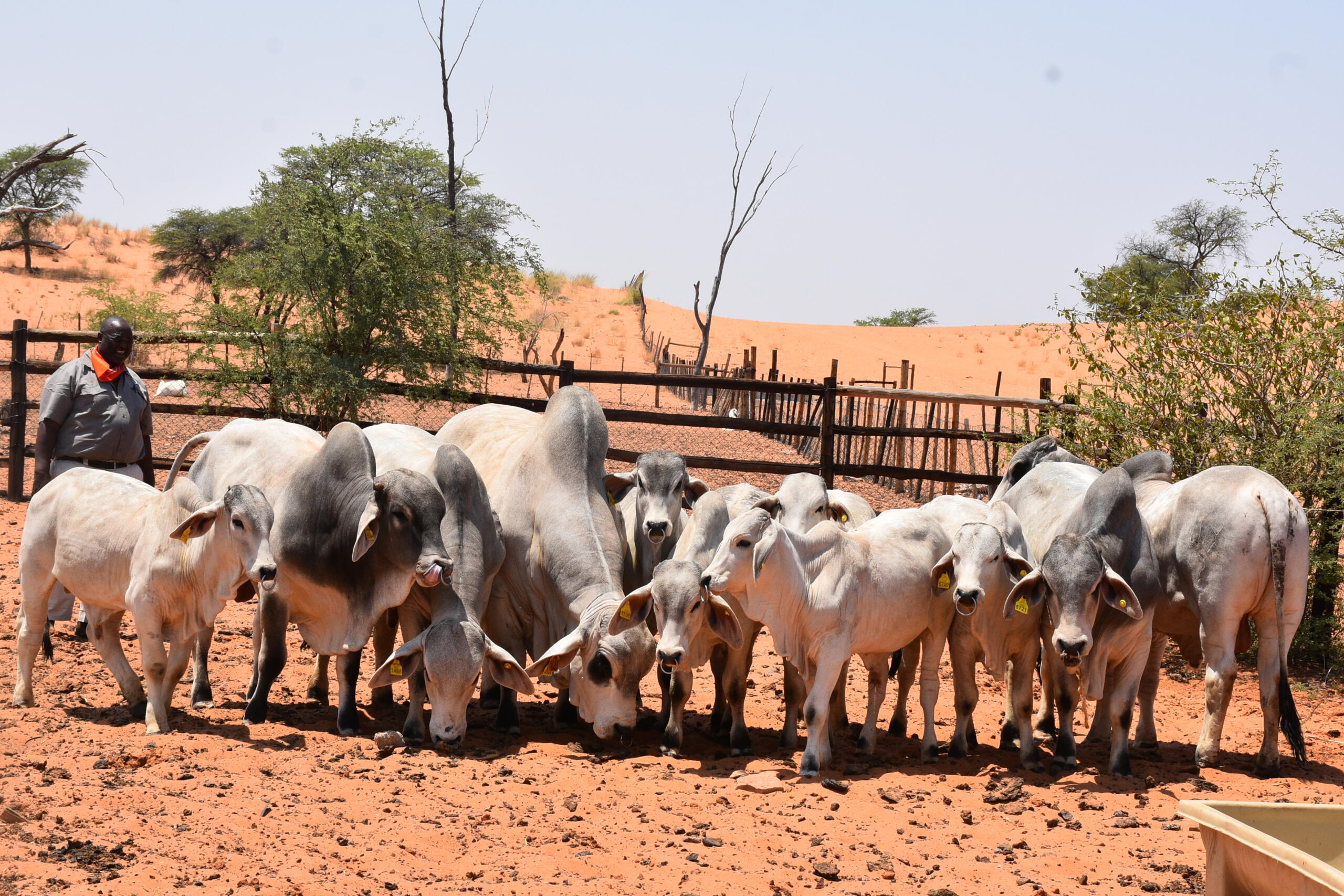The Department of Animal Production and Health (DAPH) is mandated to undertake research and development in the wide area of animal production and health with a view to promoting agricultural efficiencies and household incomes. Three (3) programmes proposed by the Department for the 2022-23 planning period are Meat, Dairy and Fodder and Feed Development. However, in the long term when the institution has fully established a total of eight (8) programmes will be pursued. These are 1) Meat and Poultry, 2) Dairy, 3) Aquaculture, 4) Apiculture, 5) Genetic and Reproductive Biotechnology, 6) Fodder and Feed Development, 7) Animal Health and Welfare, and 8) Sustainable Animal Systems.bdbdbdbdnbndnndbdbbdbdb
1.1 MEAT PROGRAMME
The main purpose of this programme is to undertake research and development on different meat-producing livestock species. At the onset, the programme will focus on smallstock production improvement, upgrading of the Goodhope Bull Testing Centre and conservation of indigenous livestock species.
1.1.1 Smallstock Production Improvement
Smallstock production is a priority area for the country, with attention focused on the export market. Improvement of smallstock production is therefore part of the Economic Recovery and Transformation Plan (ERTP), and hence the reason it is a priority research and development area at NARDI.
Smallstock is well distributed amongst the various income groups providing an opportunity for increased economic gains and poverty eradication especially in rural communities. However, smallstock production has been marred by a myriad of challenges including low production levels and a generally declining population (Statistics Botswana, 2019). The Smallstock Production Improvement will have the following components:
(i) Situational analysis of smallstock production in Botswana
(ii) Growth performance of various goat genotypes fed a finisher diet at Lobu farm
(iii) Artificial insemination in smallstock
1.1.2 Upgrade and Operationalisation of the Goodhope Bull Testing Centre
Performance testing of bulls can assist farmers in the objective selection of superior animals for their breeding programmes. However, the lack of performance records of most cattle breeds in the country has led to reliance on neighbouring countries for breeding stock, especially breeding bulls. To address this challenge, the National Beef Cattle Recording and Testing Scheme (NBCRTS) scheme was initiated. The NBCRTS aims at providing the beef industry with professional and internationally recognized recording and genetic improvement services. The scheme operates in phases that include the on-farm evaluation (phase A and B), whereby reproduction and growth data is recorded at farmers’ premises; phase C where young bulls which performed well in previous phases undergo a standardised test. This phase entails the evaluation of young bulls for growth and reproduction capacity at a central bull testing centre.
In Botswana, the Bull Testing Centre at Goodhope ranch is the only facility to date that is established for phase C activities, making it one of a kind. However, this facility has had technical hitches that limited its effective use and therefore needs to be corrected and enhanced to bring it up to world standard.
1.1.3 Conservation of indigenous animal genetic resources
Indigenous animal genetic resources are good candidates for climate-smart agriculture, especially in mitigation against the impact of climate change. Indigenous breeds can survive on low-quality feed, are able to reproduce under harsh environmental conditions and are tolerant and/or resistant to many local parasites and diseases. NARDI will continue the conservation programme by maintaining live populations of indigenous cattle, chickens, pigs, sheep, and goats at its research stations. Furthermore, genetic materials for indigenous breeds(semen, oocytes and DNA) will be collected and cryopreserved.
1.2 DAIRY PROGRAMME
The dairy sector in Botswana is underdeveloped. Challenges hampering dairy production include lack of good husbandry practices by farmers, poor natural pastures, overgrazing, unavailability of suitable breeds adapted to local conditions and inadequate supply of supplementary forages and concentrates. The Department of Animal Production (MoA) recently reported that local production meets only 11% of national milk demand. The remainder is met through importation, mainly from South Africa. Consequently, dairy remains one of the national priority areas. To contribute to improved milk production and dairy value chain development, the following projects will be initiated under the Dairy Programme.
(a) Adaptation and performance evaluation of the environmentally resilient Girolando breed for milk production under Botswana conditions
(b) Study on effect of dairy goat type on the quality of milk and milk products
(c) Evaluation of dairy crossbred cattle for production and reproductive performance in Botswana
1.3 FODDER AND FEED DEVELOPMENT
Botswana is a semi-arid country with unreliable and poor distribution of rainfall. In the dry season, most of the natural pastures are poor in nutritional quality and limited in quantity. Consequently, nutrition becomes the primary factor hampering livestock production. This is exacerbated by a lack of proper feeding techniques among farmers, particularly smallholder producers. To address these limitations, the Fodder and Feed Development programme will undertake the following study:
Evaluation of the performance of three fodder species under different treatments


